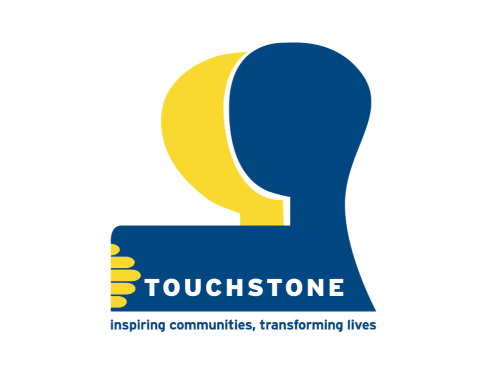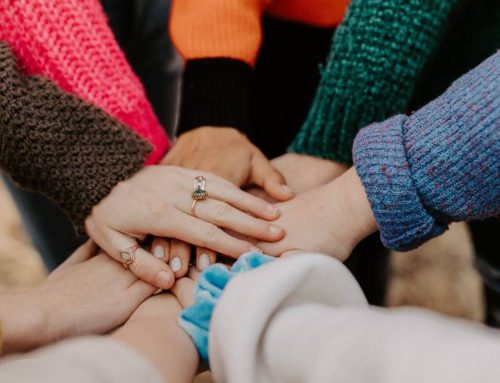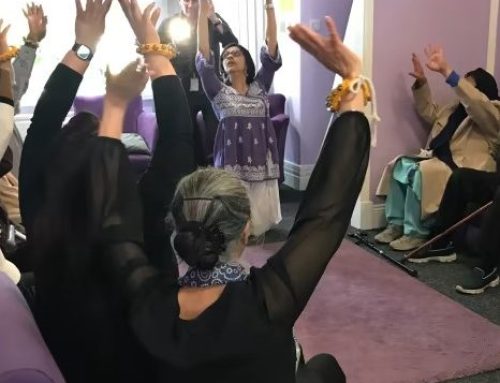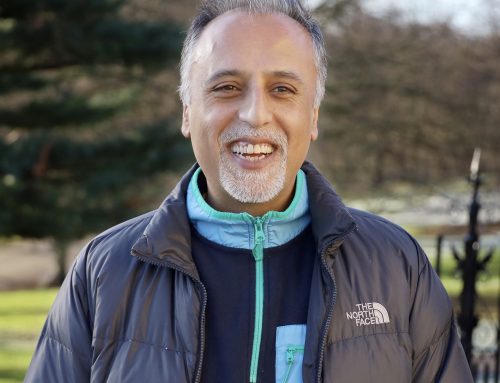The Rehabilitation and Recovery project aims to support service users in the Recovery Centre to make the challenging transition to living in the community. The project is unique in that the voluntary sector work alongside NHS staff on the wards developing a proportional and joined up approach to supporting people in recovery in a holistic way. It benefits from different agencies working together in partnership – LYPFT, Touchstone, Community Links and Leeds Mind sharing good practice and promoting innovation. This is a real plus for service users as they get to experience support using varied and innovative approaches.
One of the Touchstone support workers, Kobi explains his role:
As a recovery worker for the Recovery Centre part of my job role was to encourage and support service users to access support via projects based in the community. This would help to build self-esteem and confidence through meaningful activities and build a support network for when people are discharged. I supported service users from two wards to attend a project called campfire conversations for people with anxiety and depression.
They use campfire cooking, storytelling and peer support to help people to manage their mental health. Service users found it very useful to engage with people from a varied background and to talk about experiences in a non-formal setting. Feedback from the service users we took stated that they found it very useful spending time with people with similar mental health issues at different stages of their recovery.
The project is still in its infancy and once fully embedded the new model offers the prospect of service users receiving support from a team of professionals ranging from a consultant to a community outreach worker.
The new partnership will be of enormous benefit to service users, and will ensure the opportunity for support workers to build a therapeutic relationship with service users from an early stage, when they are on the ward. The relationship is therefore strong when service users move out to live in the community, which lessens the risk of disengagement. A strong existing relationship also makes it easier for the service user to have honest and open discussions with their worker, crucial for identifying and talking through triggers and any signs of relapse. Every aspect of a service user’s recovery will be considered by one team, making for genuinely ‘joined up’ working and planning.





